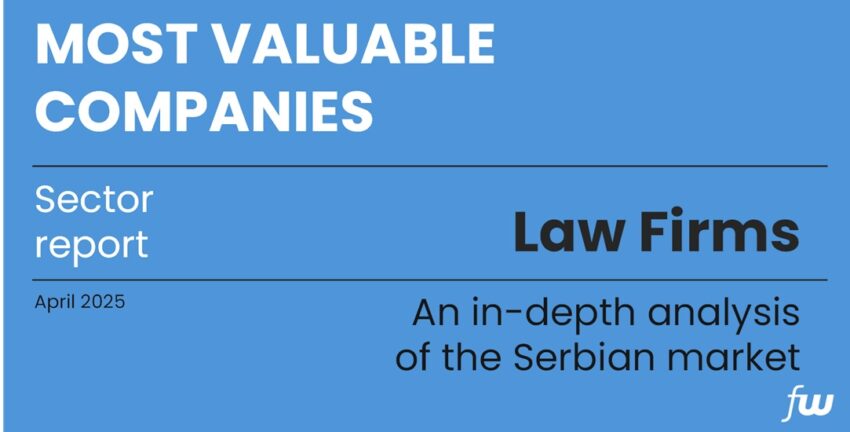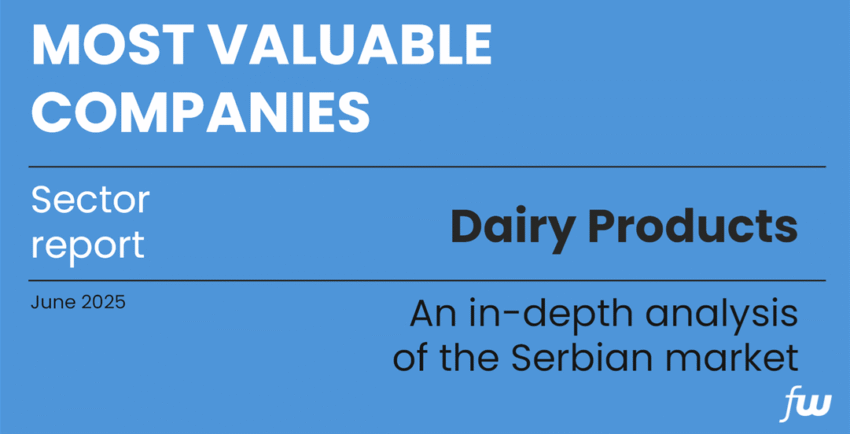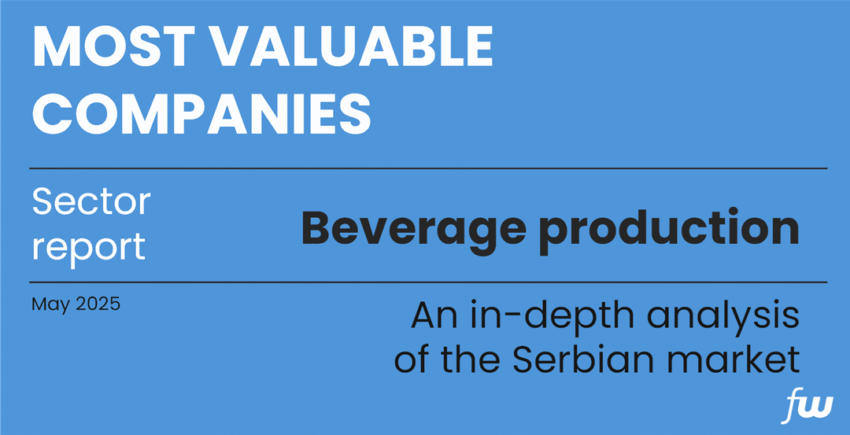Understanding business and its growth potential as well as the financial health is crucial for determining a company’s value. Whether for a startup seeking funding or an established business planning a sale or merger, mastering company valuation is essential. The process uses various methods, such as asset-based, earning value, and market value approaches, highlighting different aspects of a company’s worth.
What is Company Valuation?
Company valuation is about determining a business’s monetary value, considering future earning potential, brand reputation, and the economic landscape. It aims to provide a fair and accurate figure reflecting the company’s true worth, vital for investors, buyers, or sellers.
How to Calculate Company Value?
Calculating company value involves methods like the cost approach, which assesses the fair market value of assets minus liabilities; market approach which is mainly conducted through multipliers on revenues, EBITDA or profit, or the income approach which is usually done through a discounted cash flow (DCF) analysis, thereby estimating the value based on future cash flows discounted to present value.
Practical Considerations:
Valuation methods vary by industry, maturity of the company, and availability of reliable financial data (including cash flows). The starting point should always be the analysis of financial statements (balance sheets, income statements, and cash flow statements).
Market Dynamics:
A company’s value is influenced by economic conditions and industry trends. Even profitable companies may experience decreased value during economic downturns.
Conclusion:
Determining a company’s value usually involves collecting financial data, analyzing market dynamics, and forecasting future cash flows. Using techniques like DCF analysis, comparable company analysis, and asset-based valuation, you can convert raw data into actionable insights. This empowers stakeholders to make informed investment decisions, ensuring the company’s true value is both recognized and realized.
Maximizing value is not just about numbers; it’s about understanding the story those numbers tell and the future they promise.



